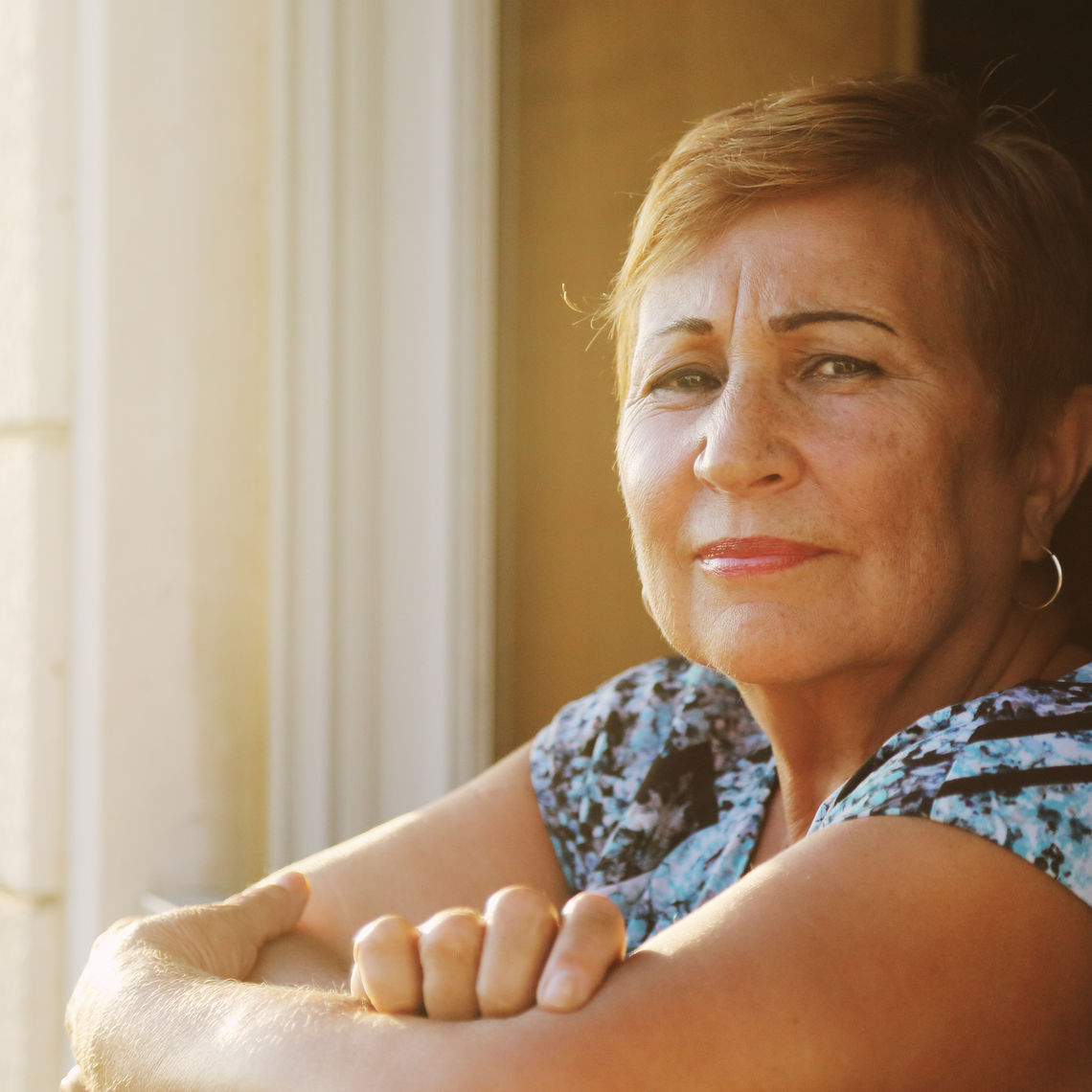
Cynthia
When a CHC Plan Denied Anti-Rejection Medications for a Heart Transplant Patient, PHLP Stepped In
When insurances change and new programs start, consumers like Cynthia can encounter barriers and challenges that prevent them from accessing medically necessary care they rely on. Many turn to PHLP for help resolving these problems. Given our specialized focus, we are often able to promptly resolve their problems and, when necessary, pursue essential improvements to prevent other consumers from facing similar problems. Here's one story from the front lines:
Cynthia, a 59-year-old woman living in Allegheny County, was one of the many dual eligible consumers who contacted PHLP in January 2018 after experiencing problems getting health-sustaining medications as a result of the transition to Community HealthChoices (CHC).
Due to her heart transplant, Cynthia needs to take lifelong anti-rejection medications. These medications are covered first by her Medicare insurance and second by her Medicaid (CHC plan) coverage, unlike other medications where - generally - Medicare pays in full for dual eligibles. In January 2018, after CHC began, Cynthia tried to get her two anti-rejection medications filled at the pharmacy. She was told she owed over $100 for the two medications after Medicare paid. In the past, Medicaid had covered this balance. And under CHC, her new CHC plan should have done the same, but the new CHC plan’s systems were not working correctly to pay for these kinds of medications. Cynthia was told she could only get her medications if she paid the pharmacy over $100; an amount that far exceeded Cynthia’s limited income and resources.
Cynthia’s transplant social worker contacted the pharmacy and her new CHC plan, but the problem wasn’t getting resolved. After Cynthia’s transplant social worker contacted PHLP on her behalf, our staff quickly got to work to resolve her problem. We reached out to Cynthia's CHC plan, explained the problem and the legal standard, and asked them to get Cynthia’s problem resolved immediately. The longer Cynthia went without her medications, the longer she was at risk of a serios health complication. In addition, we asked the CHC plan to develop a similar resolution process to correct problems for other consumers who need medications or medical supplies covered through Medicare, where the CHC plan was responsible for paying second.
In addition to contacting Cynthia’s CHC plan, PHLP staff contacted state Medicaid officials to alert them about the problems our clients were having across all three CHC plans in terms ofwith getting Medicare Part B- covered items at the pharmacy, because CHC plans were not paying second as required.
Cynthia’s problem was resolved quickly. Thankfully, she did not miss any doses of her anti-rejection medications. As a result of PHLP’s advocacy, systems changed: CHC plans corrected these problems so that other consumers did not continue to be inappropriately denied medications and medical supplies or charged incorrect copays.
